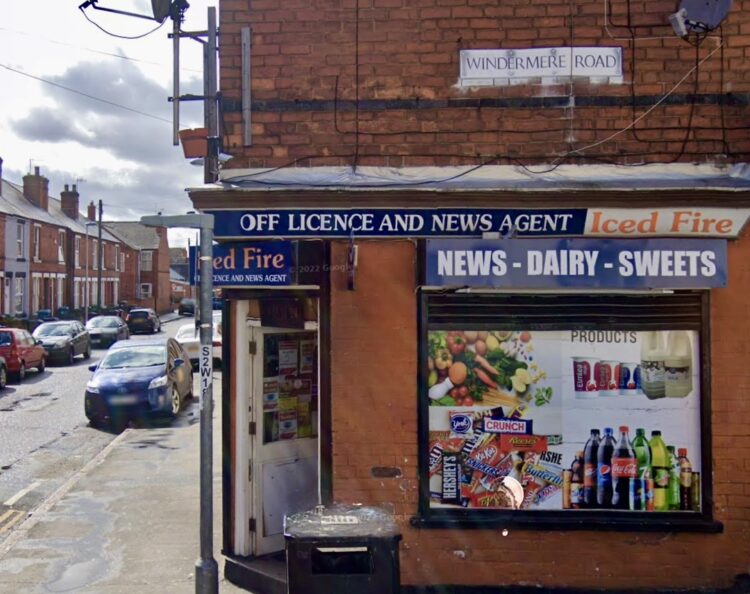By James Simons-
Nottingham man fined £1,600 for selling out-of-date food and not labelling other items correctly at his shop in Forest Fields.
Mohammed Sharif, aged 30, of Chadwick Road, pleaded guilty where he pleaded guilty to two charges around the sale of ready-to-eat sausages and three related to product information not provided in English.
The fine follows greater scrutiny of out of date food in some Uk stores by unscrupulous individuals who are determined to maximise profits at all costs, including customers. Customers are generally led to believe that out of date food is healthy , in the face of scientific evidence which suggests the contrary.
The items had been offered at Iced Fire, in Laurie Avenue, between May and July 2021 and were discovered by officers from Nottingham City Council’s Environmental Heath team.
One of the three ‘Sokolow’ Polish sausages was seven days past its use-by date, which can be dangerous if a food-poisoning organism like Listeria was present. By that stage, it would have had time to grow to very high levels.
The lack of mandatory food information in English not only affects choice but can also lead to serious health issues. Allergens present in food must be identified and highlighted.
If a customer cannot read the list of ingredients and is an allergy sufferer, they may experience an adverse reaction if that food contains something they are allergic to. In the worst cases, sufferers may go into anaphylactic shock and could die.
Storage and cooking instructions are often vitally important to ensure that food remains safe. Storing at the wrong temperature or in wet conditions may result in the growth of food-poisoning organisms.
Businesses which sell food are legally obliged to provide basic information in English, including the product name, list and quantity of ingredients, anything which could trigger allergies, a use-by date and storage details, the country of origin and the name and address of the manufacturer or importer.
In mitigation, the court heard that Mr Sharif acknowledged there had been longstanding issues but had now taken on an additional employee with new procedures in place over quality control.
Checks are made when stock is delivered and anything not labelled in English or close to its use-by date is rejected.
The court also heard that the offences occurred at a time when Mr Sharif was the sole worker within the shop and shortly after his father’s death. There have been no issues in the past eight months.
While the power to make a prohibition order was brought to the court’s attention by the Council, it chose not to make one on this occasion despite accepting that the matter was serious and that the authority had spent time working with the defendant. A prohibition order would prevent the business from trading.
Magistrates did indicate, however, that if the defendant was to appear before the court again, he might be made subject to such an order.
Mr Sharif was fined £1,600 and will have to pay the Council’s investigation costs of £3,528.96, legal fees of £810 and a court-mandated victim surcharge of £160.
Councillor Neghat Khan, Portfolio Holder for Neighbourhoods, Safety and Inclusion at Nottingham City Council, said: “This is a significant result and I’d like to thank our Environmental Health team for their work on this case. It is not the first time that we have had to take enforcement action against Mr Sharif.
“Selling any out-of-date food, but especially meat products, is incredibly dangerous and has the potential to make people seriously ill. This is also the case where products have not been labelled in English and it’s not possible to check important information about the ingredients and storage information.
“Thankfully, the overwhelming majority of Nottingham businesses which sell food are responsible but we will continue to challenge those which are not, including bringing them before the courts where necessary.”

